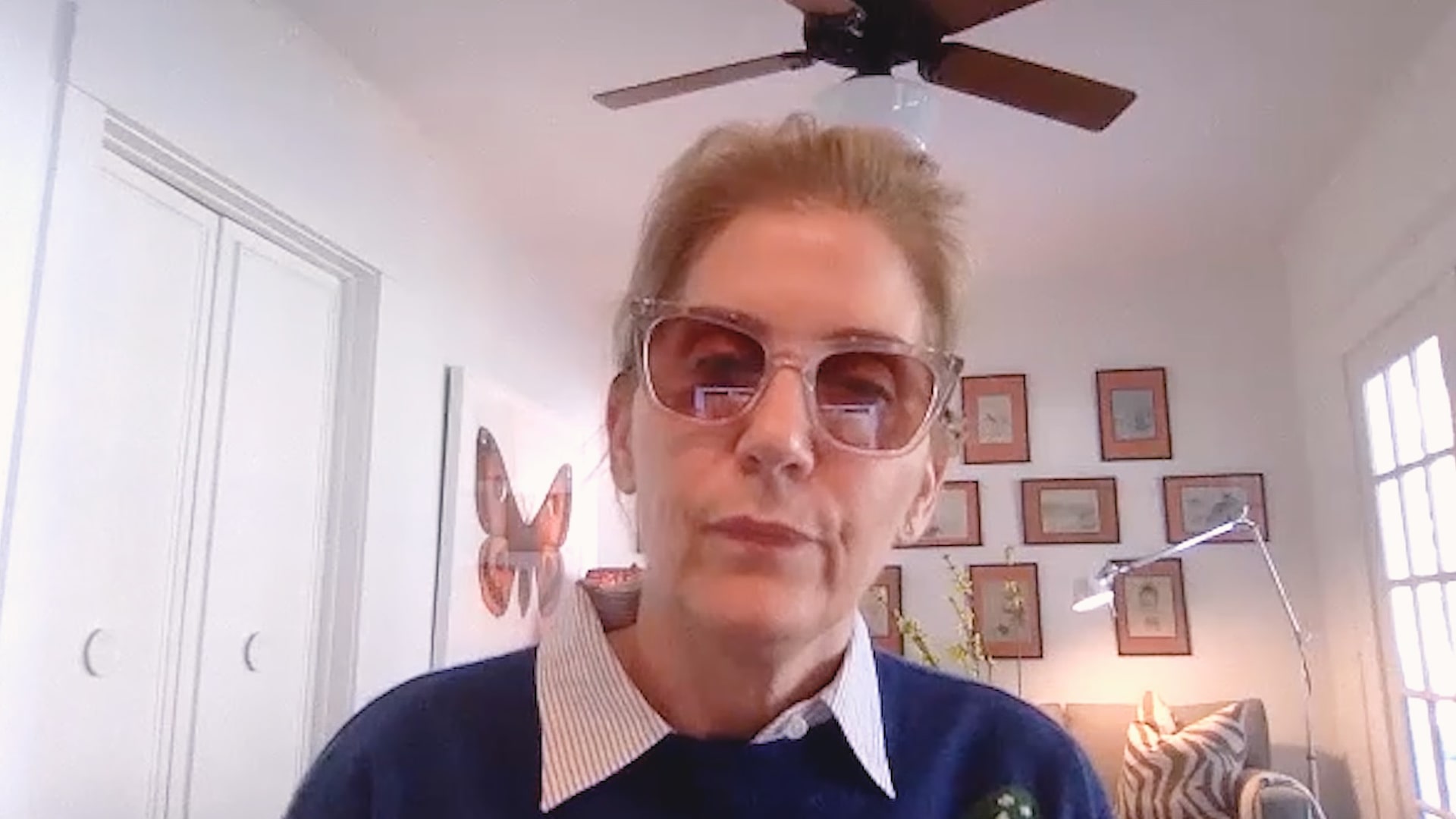
Challenges Scaling Michael Kors
Former Chief Marketing Officer at Bottega Veneta, Kering
inpractise.com/articles/michael-kors-scaling
Why is this interview interesting?
- Risks in scaling distribution too quickly for brands
Lisa Pomerantz
Former Chief Marketing Officer at Bottega Veneta, Kering
Interview Transcript
What was the biggest challenge you faced at Michael Kors, as a marketer?
I think the growth trajectory and how you could balance that with the desire to avoid this ubiquity, which started to become more evident, as Michael Kors, the company, moved from a wholesale model, to retail. This was in 2011, 2012 when they had been predominantly reliant on wholesale and they decided to start to build their own retail fleet. It happened very quickly and, before you knew it, you had stores popping up like mushrooms. They seemed to be everywhere. One could say, that’s a requirement to increase revenue and show growth and drive brand awareness, but at the same time, it’s always that balance of, how much, where and what kind. How do you do it in a way so that the customer never perceives you as being ubiquitous, over-saturating a market, seeing the product coming and going. It’s always that balance of how far can you go and how do you shift?
A good example is a Louis Vuitton. It’s a massive company, much bigger than Kors and they’ve done it perfectly. They have done a phenomenal job. They are everywhere; they are huge. But you don’t perceive that because of how the real estate is selected, the amount of product that they allow, from material to shape, and how they assort. Never on sale, no outlets, they control their wholesale distribution, through having their own shops; they own them.
There is a way to do it and I think, at Kors, the biggest challenge was managing this growth and this expectation of 30% increase, quarter over quarter. That’s not a slow burn.
Copyright Notice
This document may not be reproduced, distributed, or transmitted in any form or by any means including resale of any part, unauthorised distribution to a third party or other electronic methods, without the prior written permission of IP 1 Ltd.
IP 1 Ltd, trading as In Practise (herein referred to as "IP") is a company registered in England and Wales and is not a registered investment advisor or broker-dealer, and is not licensed nor qualified to provide investment advice.
In Practise reserves all copyright, intellectual and other property rights in the Content. The information published in this transcript (“Content”) is for information purposes only and should not be used as the sole basis for making any investment decision. Information provided by IP is to be used as an educational tool and nothing in this Content shall be construed as an offer, recommendation or solicitation regarding any financial product, service or management of investments or securities.
© 2026 IP 1 Ltd. All rights reserved.


